So we can now entertain idea of overseeing our solar system by placing a network of comm satelites…live orbital feeds from at least our neerest solar objects.
Laser beam comms are fast, so long as the weather cooperates.


A new study proposes modifications to the fundamental equation of quantum mechanics, potentially bridging the gap between these two seemingly contradictory frameworks.
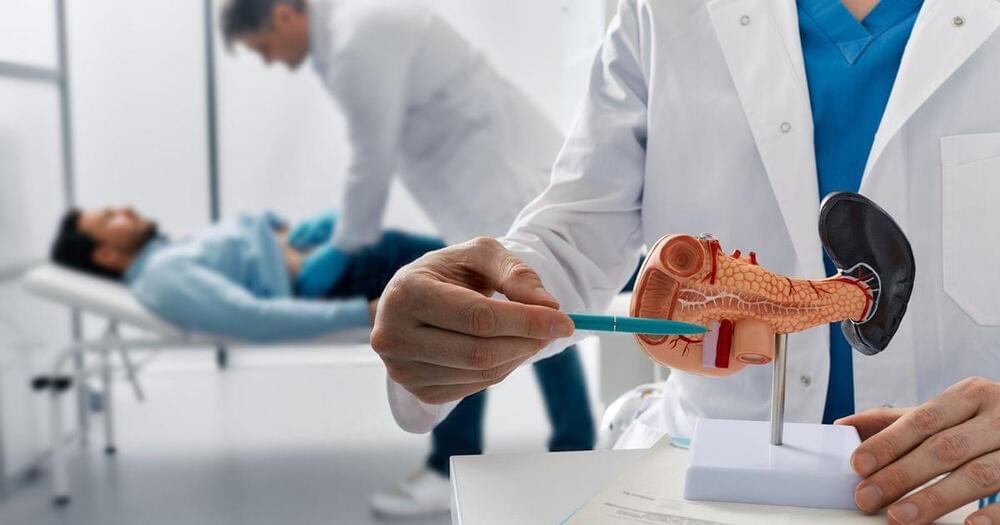

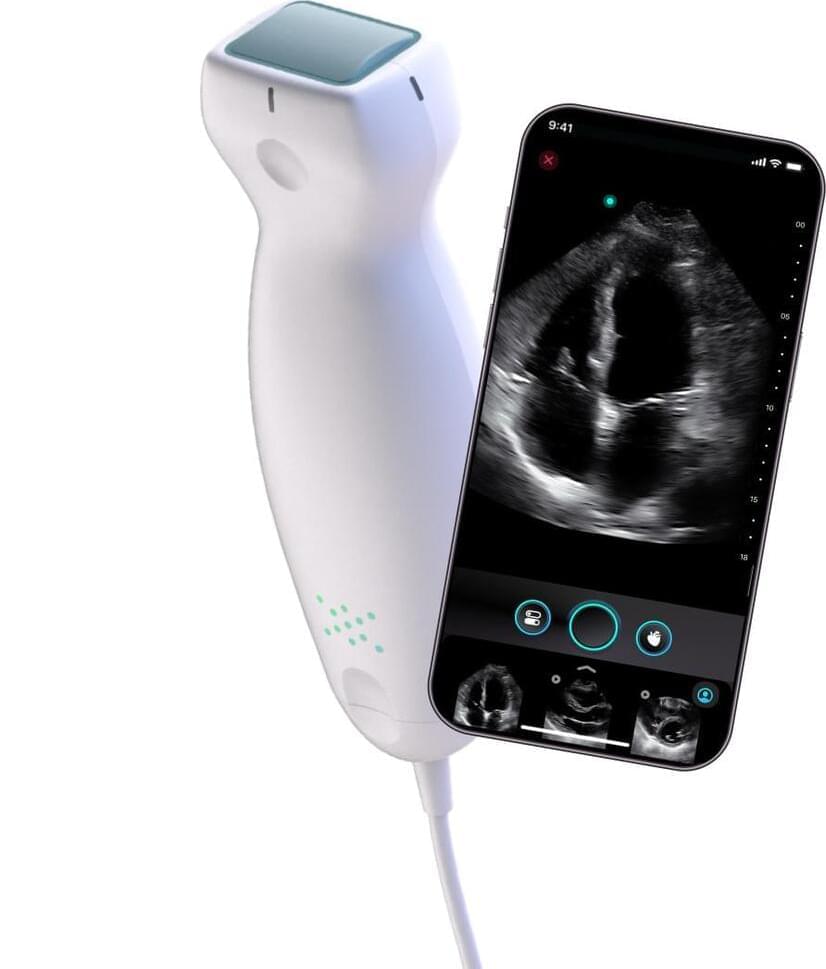
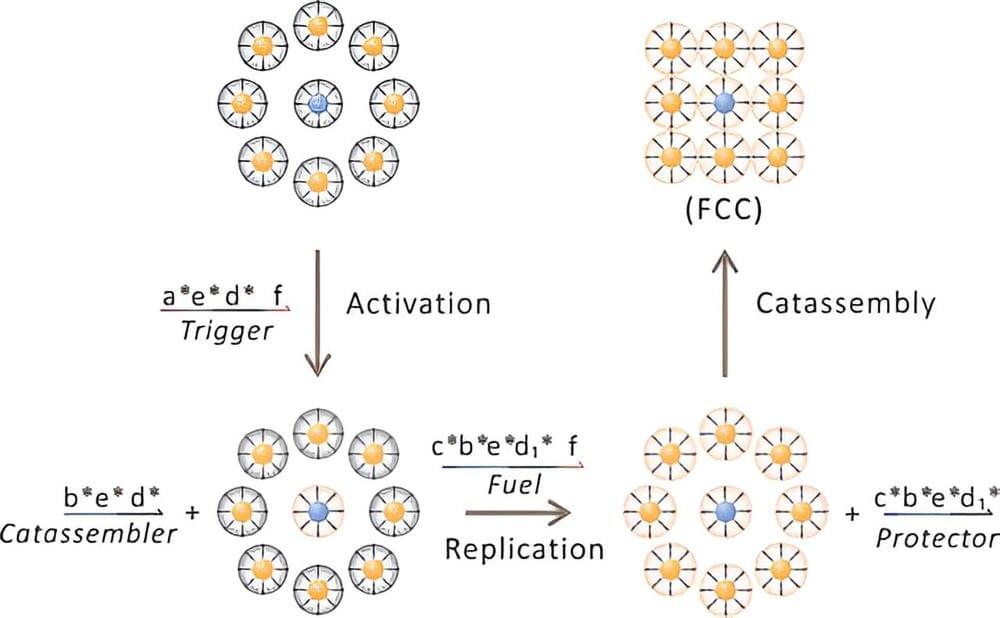
A research team led by the late Professor Liang Haojun from the Hefei National Laboratory for Physical Sciences at the Microscale of University of Science and Technology of China (USTC) has developed a facile enthalpy-mediated strategy to precisely control the replication and catalytic assembly of DNA-functionalized colloids in a time-dependent manner, facilitating the creation of large-scale ordered nanomaterials. The study was published in Angewandte Chemie International Edition.
The replication of information is a fundamental characteristic of nature, with nucleic acids playing a crucial role in biological systems. However, creating synthetic systems that can produce large-scale, three-dimensionally ordered nanomaterials using self-replicating nanostructures has remained a formidable challenge.
Existing artificial self-replicating systems often fall short in programmable assembly into sophisticated nanostructures, limiting their potential functions and applications.
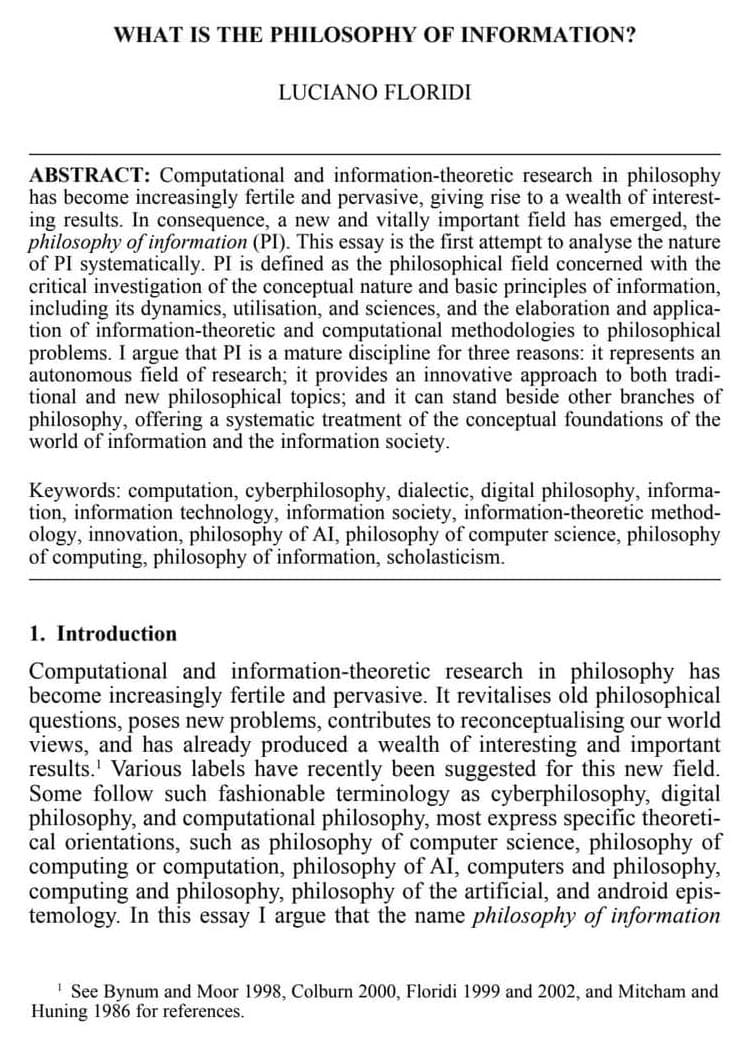
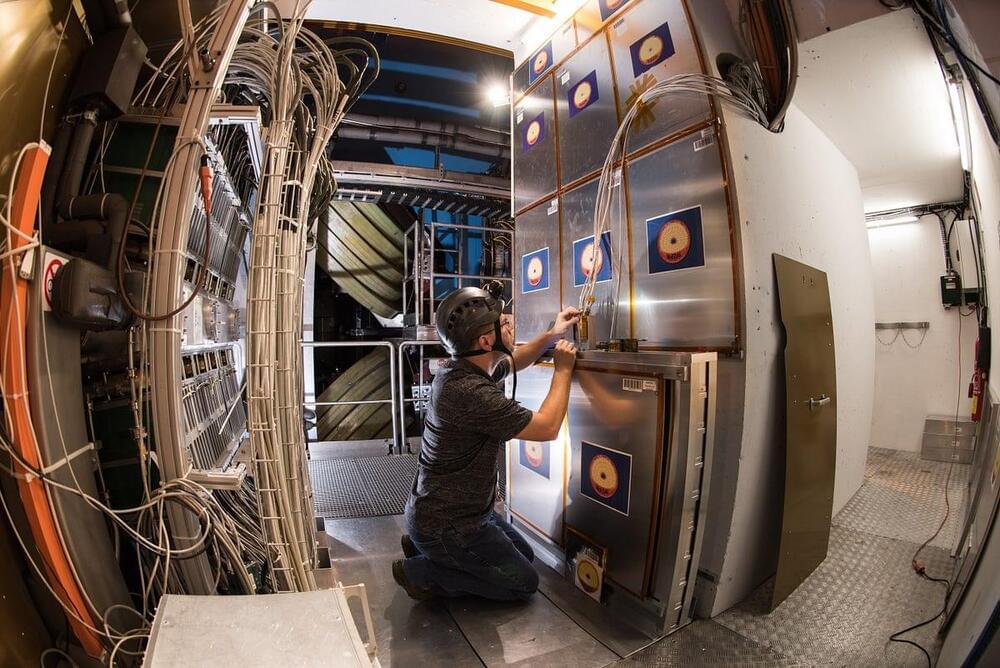
The elegant equations of classical electromagnetism written by James Clark Maxwell in 1861 display a remarkable symmetry between electric and magnetic fields except for their sources. We know about electric charges but we have not found magnetic charges. Bar magnets are dipoles with two poles, north and south, for the magnetic field, resembling the configuration of an electric field sourced by a pair of positive and negative electric charges. However, we had never seen experimental evidence for a magnetic monopole, namely a magnetic charge with only one magnetic pole, a net north or south, from where magnetic field lines emanate, just like the electric field sourced by an electric charge. In a symmetric theory of electromagnetism, magnetic monopoles should exist.
The existence of monopoles with a net magnetic charge was proposed by Paul Dirac in 1931 to explain the quantized (discrete) values of electric charges. Dirac found that magnetic charges should be an integer multiple of a fundamental unit, g_D, equal to the electron charge, e, divided by twice the fine-structure constant, or about 68.5e.
In classical physics, the existence of magnetic monopoles restores symmetry to Maxwell’s equations. But in the broader context of quantum mechanics, Gerard ‘t Hooft and Alexander Polyakov showed in 1974 that magnetic monopoles are required in Grand Unified Theories of the strong, weak and electromagnetic interactions. Since the electric charge is quantized, magnetic charges are unavoidable in these theories. Magnetic charges with the lowest mass must be stable because magnetic charge is conserved and they cannot decay into lower-mass particles.

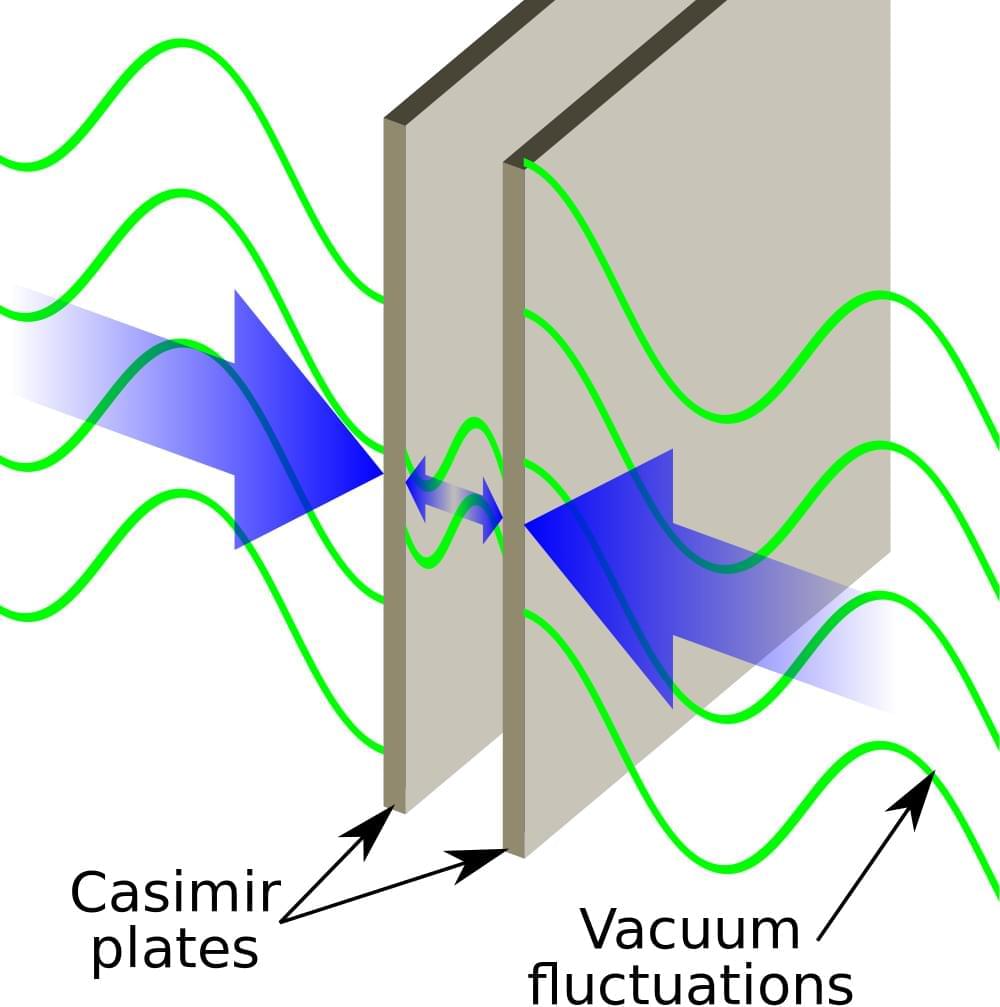
Recently I saw a post on twitter claiming that AI could be powered with quantum vacuum energy. The post was accompanied by a figure from a paper published in Nature. Unfortunately for the poster, but fortunately for science, the paper had nothing to do with extracting energy from the vacuum. Rather, it was a description of an experimental realization of a transistor that uses the Casimir effect to mediate and amplify energy transfer across a new kind of transistor.